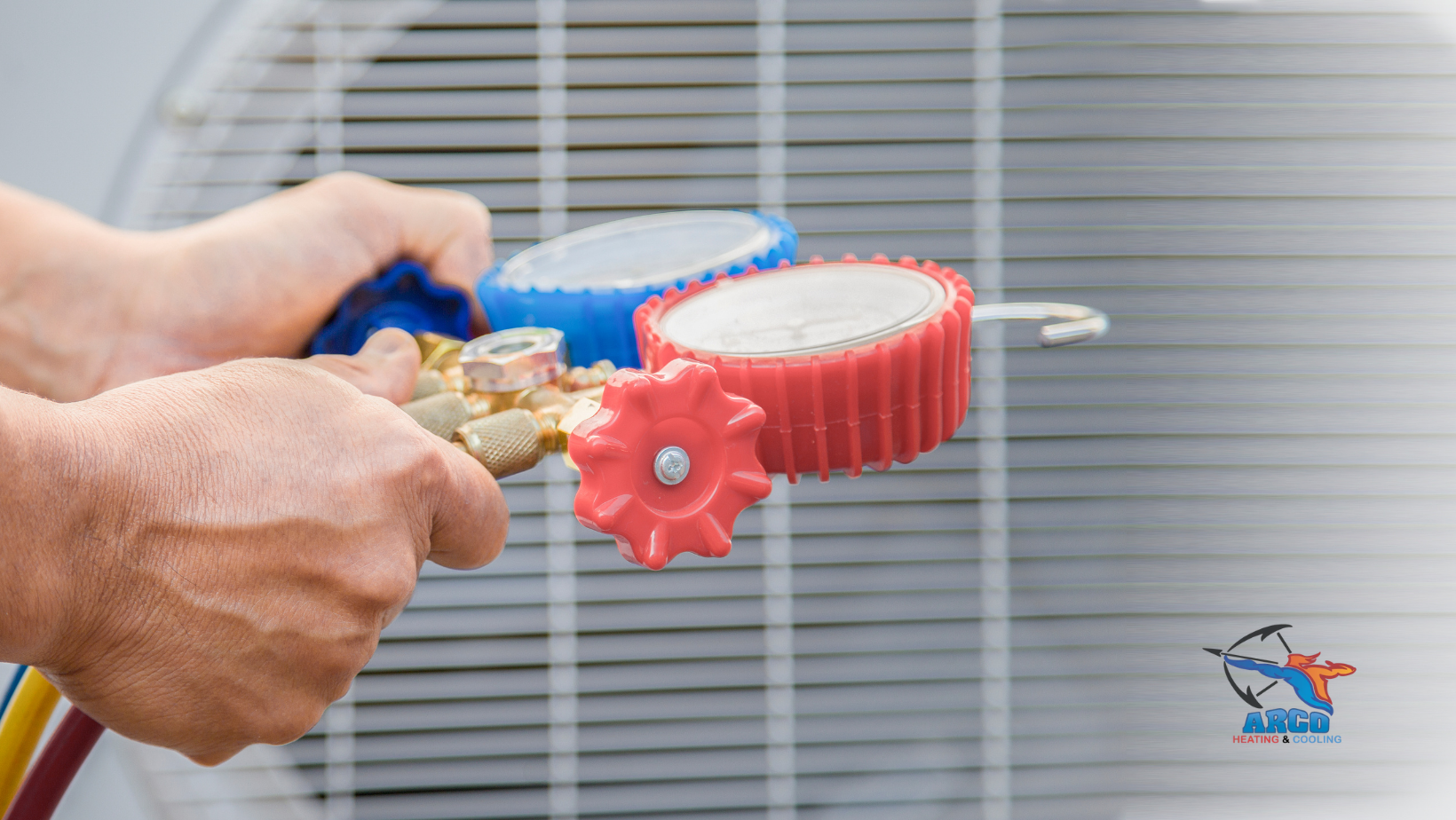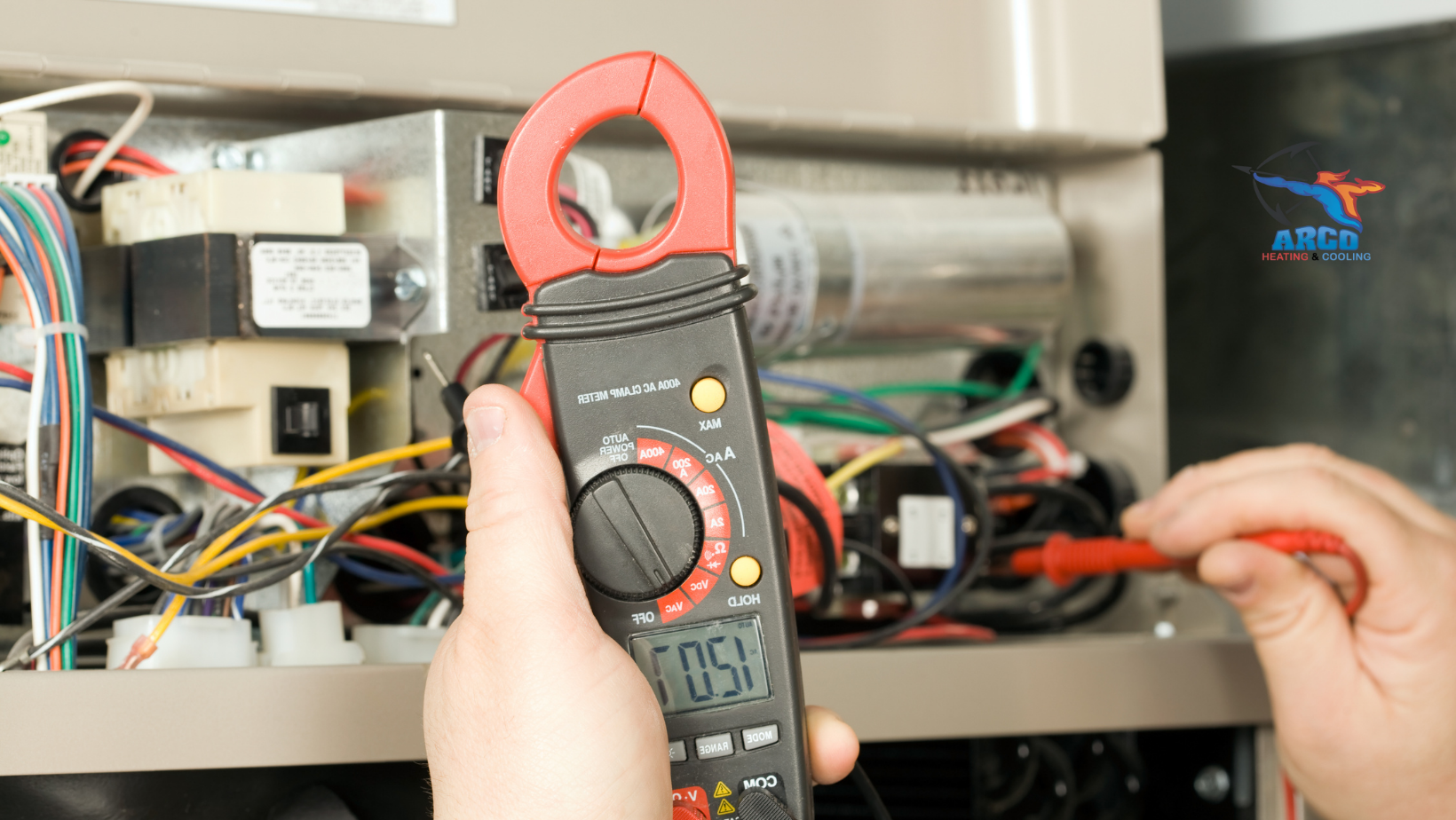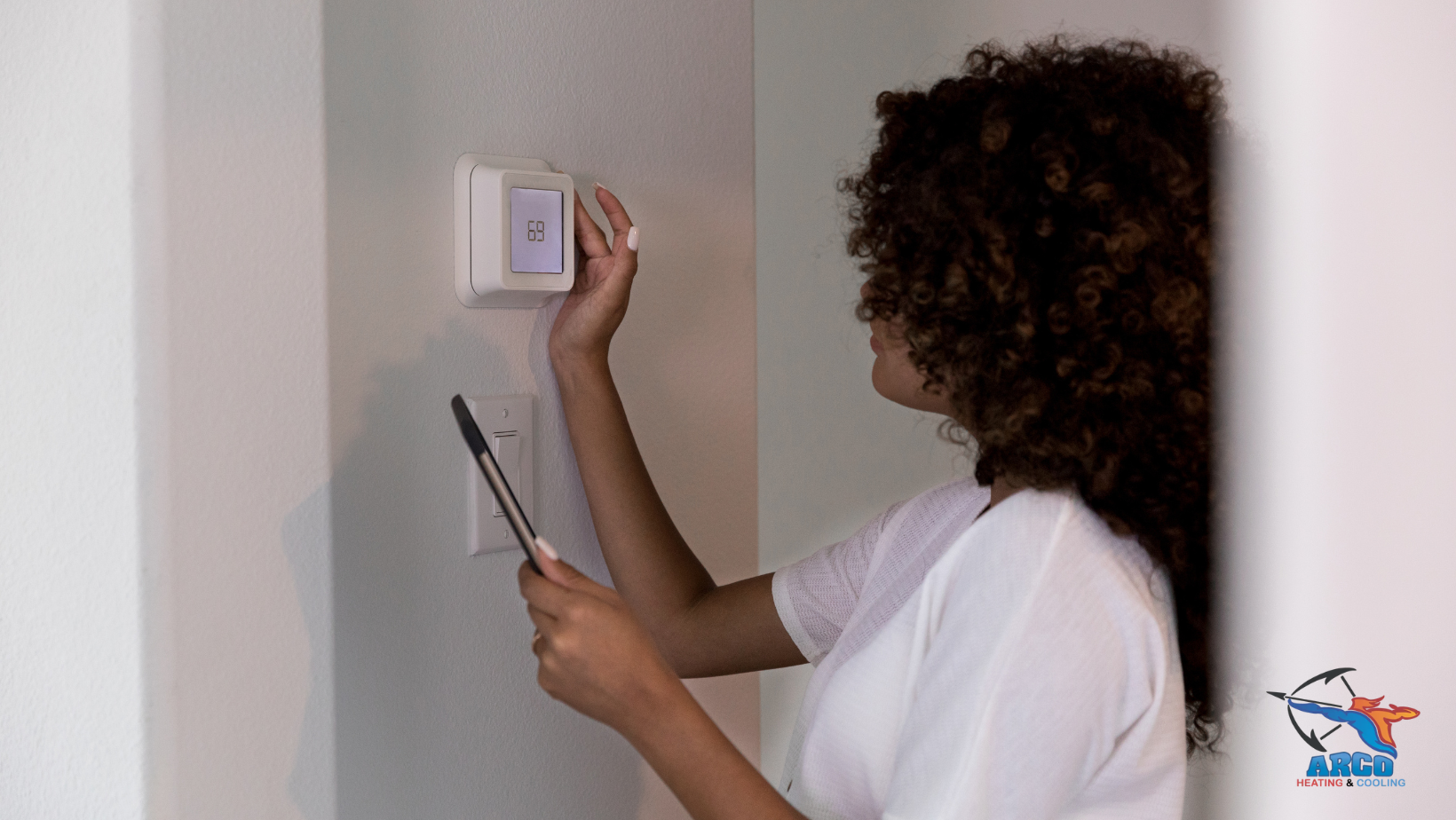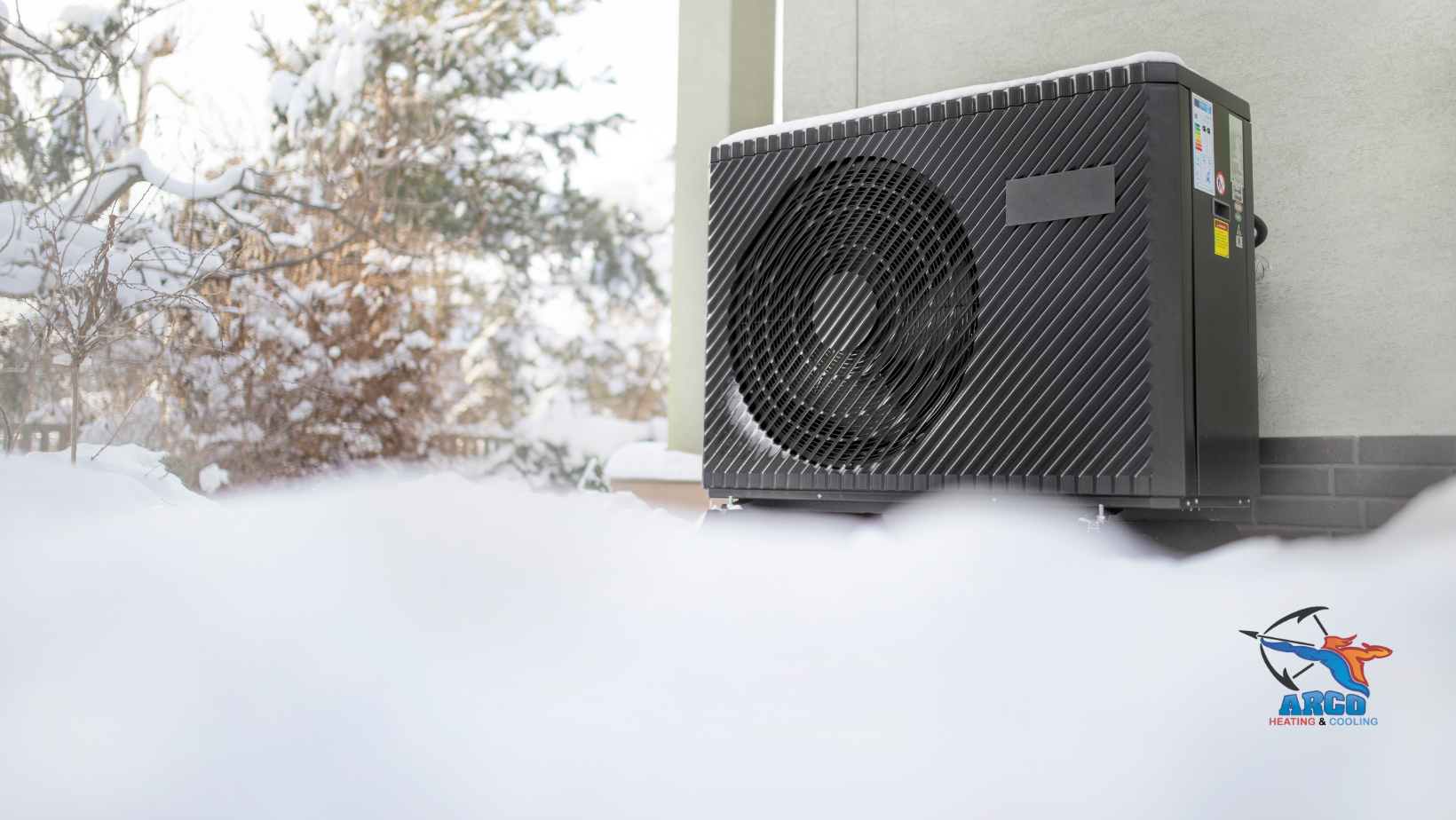Carbon Monoxide & HVAC Safety Tips for Homeowners
Protect Your Home & Family from the Dangers of Carbon Monoxide
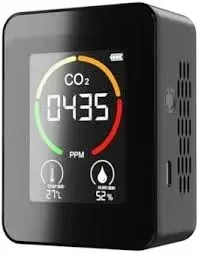
Carbon monoxide (CO) is a silent, odorless gas that can be deadly if undetected. As a homeowner, ensuring your HVAC system is properly maintained is one of the most important steps you can take to prevent carbon monoxide leaks and keep your family safe.
What Is Carbon Monoxide & Why Is It Dangerous?
- Carbon monoxide (CO) is a byproduct of burning fuels like natural gas, propane, and oil.
- It’s colorless, odorless, and tasteless, making it nearly impossible to detect without proper alarms.
- High levels of CO can cause dizziness, nausea, confusion, and even death.
- Common sources include faulty furnaces, gas stoves, water heaters, and blocked vents.
5 HVAC Safety Tips to Prevent Carbon Monoxide Leaks
1.Schedule Annual Furnace Inspections
- A professional HVAC maintenance check ensures your furnace is operating safely.
- Technicians check for cracks in the heat exchanger, which is a common cause of CO leaks.
2. Install Carbon Monoxide Detectors
- Every home should have at least one CO detector on each floor and near bedrooms.
- Replace batteries twice a year and test detectors regularly.
3. Keep Vents & Flues Clear
- Blocked or damaged chimneys, vents, and flues can cause CO buildup.
- After heavy snowfall or storms, check that vents are clear.
4. Never Use Outdoor Appliances Indoors
- Generators, grills, and space heaters should never be used inside or in enclosed areas like garages.
- Running a car in an attached garage can also cause dangerous CO buildup.
5. Know the Warning Signs of CO Exposure
- Mild symptoms: Headaches, dizziness, nausea, and fatigue.
- Severe symptoms: Confusion, difficulty breathing, and unconsciousness.
- If you suspect CO exposure, leave the house immediately and call 911.
Stay Safe with Professional HVAC Maintenance
The best way homeowners can prevent carbon monoxide leaks is by keeping your heating system in top shape. Regular HVAC inspections, HVAC repairs, and proper ventilation can keep your home safe year-round.
Call ARCO Heating & Cooling today at (636) 389-6471 to schedule a furnace safety check today!

